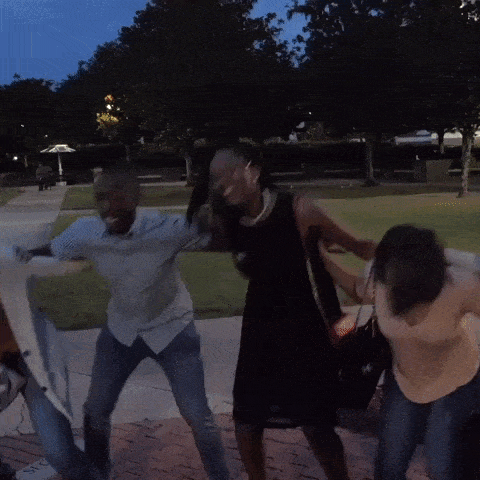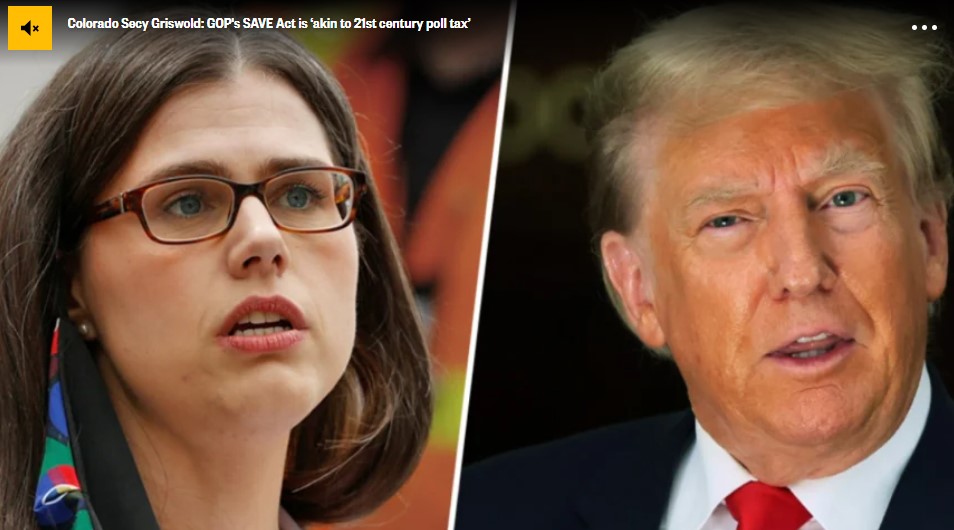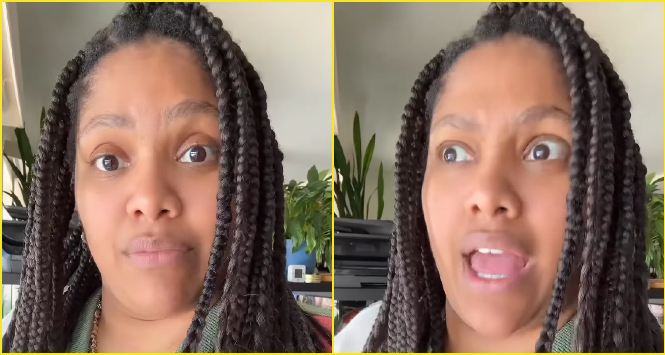- BlackVoter.Org
- Posts
- BlackVoter.Org
BlackVoter.Org


A looming crisis threatens the homes of 60,000 Americans as the Emergency Housing Voucher program, created to assist those fleeing homelessness and domestic violence, is set to run out of funds by the end of 2026. This program has been a lifeline for families like Daniris Espinal’s, who found stability after years of turmoil.
Without Congressional action, these vulnerable households may be thrust back into uncertainty, risking evictions and the potential return to situations of abuse or homelessness. Initiated in 2021 under the American Rescue Plan, the program was intended to last through the decade, but soaring rental costs have depleted its $5 billion budget far too quickly.
Advocates argue that losing this support would undo the significant progress many families have made. As lawmakers grapple with budget priorities, a call for an additional $8 billion in funding hangs in the balance, leaving recipients worried about their future stability.


Senator Tim Scott's efforts to champion minority-owned businesses face a significant blow as the Trump administration dismantles the Minority Business Development Agency (MBDA), an initiative Scott has long supported. Once a beacon of hope for economic mobility and access to capital for underserved communities, the MBDA has seen its entire staff put on leave, effectively crippling its operations.
Despite his advocacy for expanding federal support, Scott has remained notably silent on these drastic cuts, drawing criticism from within the Commerce Department for his inaction. As the agency's ability to provide essential services and grants diminishes, Scott's political loyalty to the Trump administration puts him in a challenging position, forcing him to balance party allegiance with the needs of the communities he aims to serve.
While allies suggest he will adapt his strategy, the future of support for minority businesses hangs precariously in the balance.

In his latest commentary, Carl Snowden, a seasoned civil rights activist, passionately urges voters to be well-informed before heading to the polls for the upcoming Annapolis elections in 2025. With key positions like mayor and council members at stake, Snowden emphasizes the importance of understanding candidates' stances on pressing issues, including affordable housing, public safety, and diversity.
He highlights the historical struggles against voter suppression and calls for robust participation in democracy, stressing that every voice matters. To facilitate informed voting, the Caucus of African American Leaders will host a candidates’ debate featuring mayoral hopefuls.
As Annapolis elections often mirror broader trends in Maryland, Snowden believes that upcoming elections may witness record voter turnout, underlining the need for citizens to engage actively and knowledgeably in shaping their future. In the fight for a “more perfect union,” he insists that being an informed voter is paramount.

The SAVE Act, recently passed by the U.S.
House, is under fire for its potential to disenfranchise millions of voters, particularly among communities of color and women. Dubbed a modern-day poll tax, this legislation requires voters to present documents like passports or birth certificates, which many Americans lack.
The NAACP's President, Derrick Johnson, argues that this act is not about safeguarding democracy but rather suppressing it by creating unnecessary barriers to voting. In contrast, he champions the John R.
Lewis Voting Rights Advancement Act as a vital solution to restore and protect voting rights for all Americans. Named after the civil rights icon, this act aims to eliminate voter discrimination and empower citizens rather than silence them.
Johnson calls for Congress to reject the SAVE Act and embrace legislation that truly fosters democracy by ensuring that every voice is heard at the ballot box.

Rev. Jamal Bryant is rallying the Black community to persist in a boycott against Target, inspired by the company's recent rollback of diversity initiatives.
This national movement, which has already led to a $12 billion loss for the retail giant, underscores the power of collective economic action. While Target has committed to one of the four demands—investing $2 billion in Black businesses—the other critical requests remain unmet.
The Black Press, led by figures like Dr. Benjamin F.
Chavis Jr., is asserting its role as an essential voice in advocating for these demands, emphasizing the need for investment in Black-owned media.
Historically, the Black Press has fought against racial injustice and misrepresentation, and stakeholders believe its influence will be key in holding Target accountable. In this ongoing fight for equity and recognition, the call is clear: “We’ve seen what happens when we stand together—now we keep standing.

In a recent MSNBC interview, Newark Mayor Ras J. Baraka passionately discussed his gubernatorial campaign and the harmful effects of the Trump administration on African American communities.
Known for his roots in Newark as a poet and educator, Baraka shared how his personal journey exemplifies the American dream. He emphasized his commitment to diversity, equity, and inclusion, insisting that these values are essential for effective governance and the protection of immigrant rights.
With a significant endorsement from progressive and labor organizations, Baraka is emerging as a leading contender in the Democratic primary for governor. If successful, he would make history as New Jersey's first African American governor, joining an elite group of just six Black governors throughout U.
S. history.
Baraka's candidacy represents a hopeful new chapter for many New Jerseyans eager for change and representation. Follow his journey as he fights for a brighter future for all.

Discover the inspiring journey of restoring Mount Peace Cemetery in New Jersey, a vital African American burial ground and a testament to resilience and community spirit. Led by historian Dolly Marshall, whose own ancestors rest there, the revitalization project commenced in 2017 amid challenges like overgrowth and lost burial records.
Volunteers from diverse backgrounds united to tackle these obstacles, transforming the cemetery into an arboretum and a national wildlife habitat. Through educational tours and social media outreach, the restoration not only rekindles historical connections but also fosters community engagement.
As Dolly passionately notes, preserving such sacred spaces is essential for understanding our collective heritage and nurturing future generations. Join this heartfelt mission to reclaim legacies and honor the stories embedded in our past.

A viral video by creator Mell (@oh_mellnawww) is making waves on social media, resonating deeply with Black audiences. In a powerful message, Mell highlights that the backlash against Black progress is not a sign of weakness but a desperate reaction to advancements.
Sharing historical context, the video illustrates how white supremacist groups, like the Ku Klux Klan, arose in response to Black achievements after the Civil War, revealing a consistent pattern: every stride forward for Black communities triggers a wave of fear-fueled aggression. Mell draws parallels to present-day political actions—book bans and erasure of Black contributions from history—suggesting these are acts of cowardice, not strength.
The video ultimately champions resilience: “Black survival has always been an act of resistance.” As viewers share their thoughts, the message of pride, joy, and collective memory shines through—reminding us that understanding our history empowers future progress.